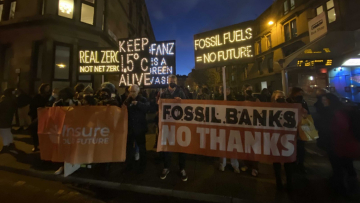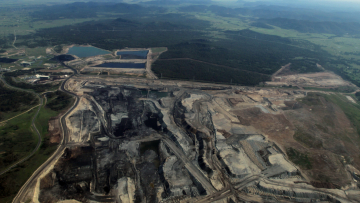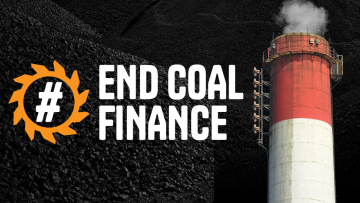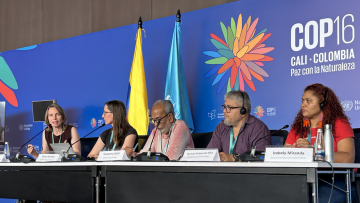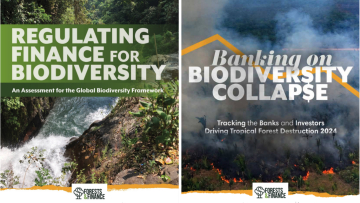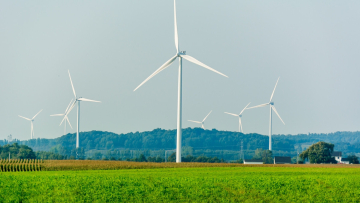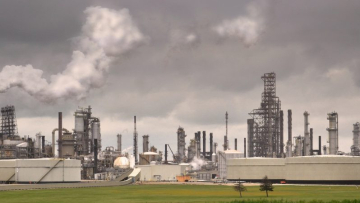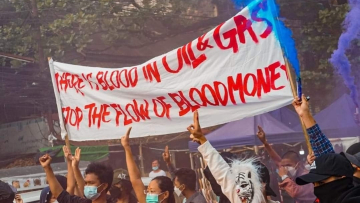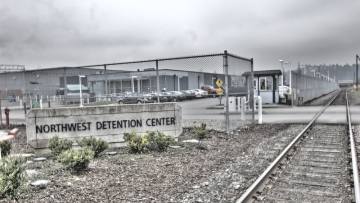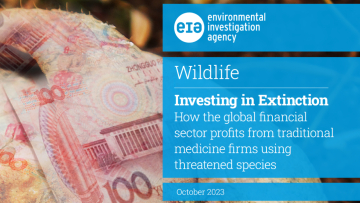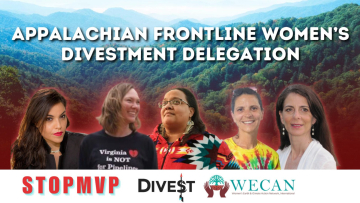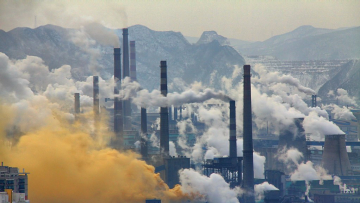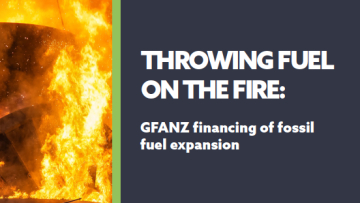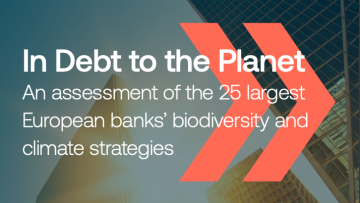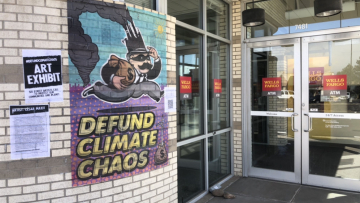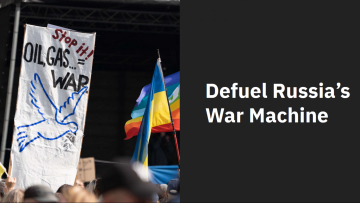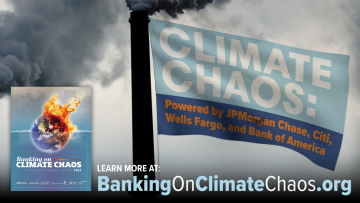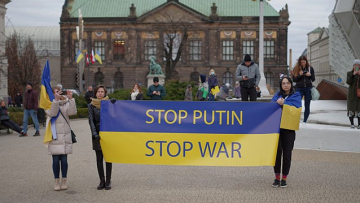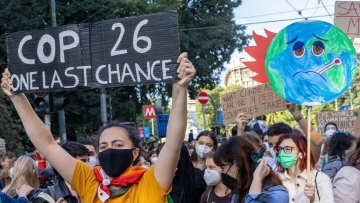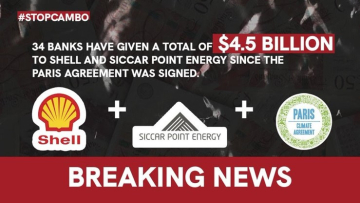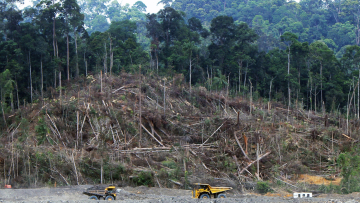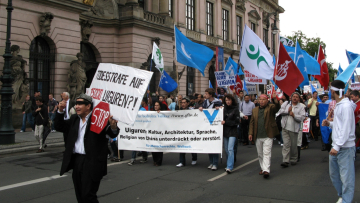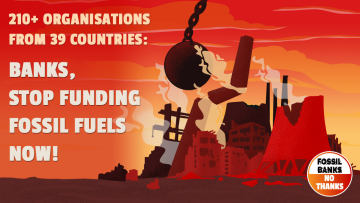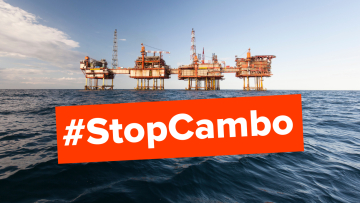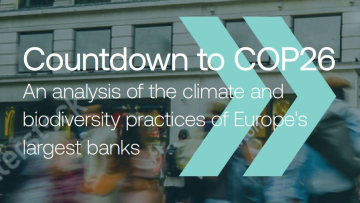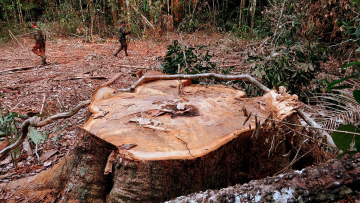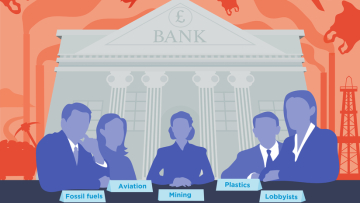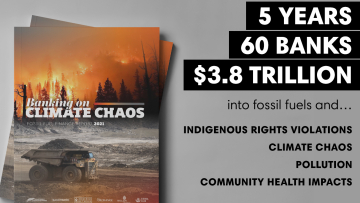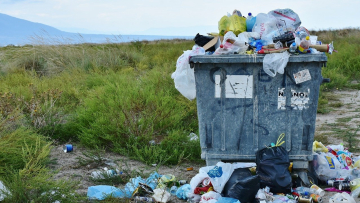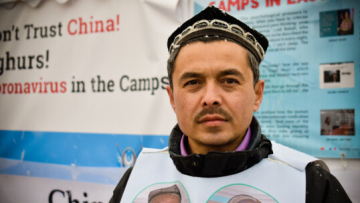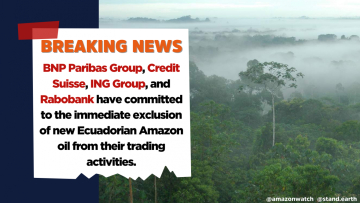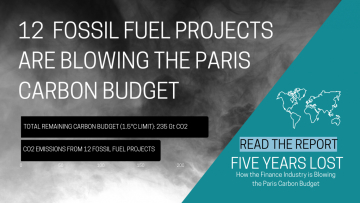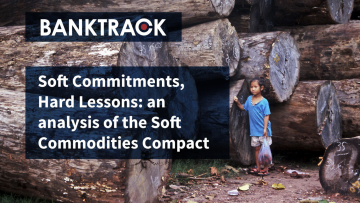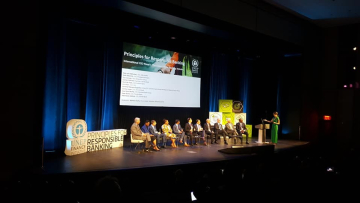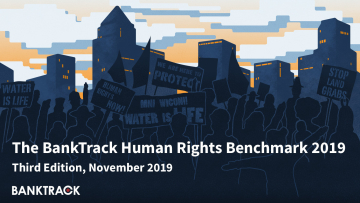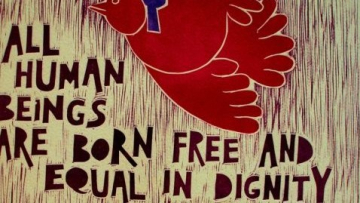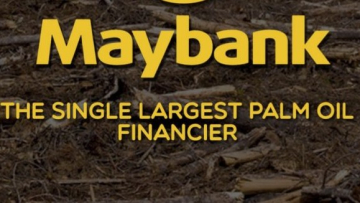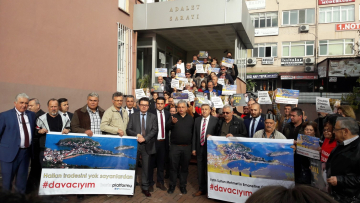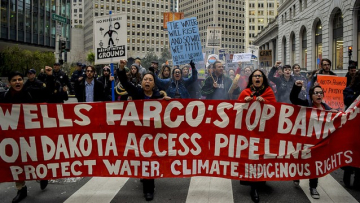
Active
This profile is actively maintained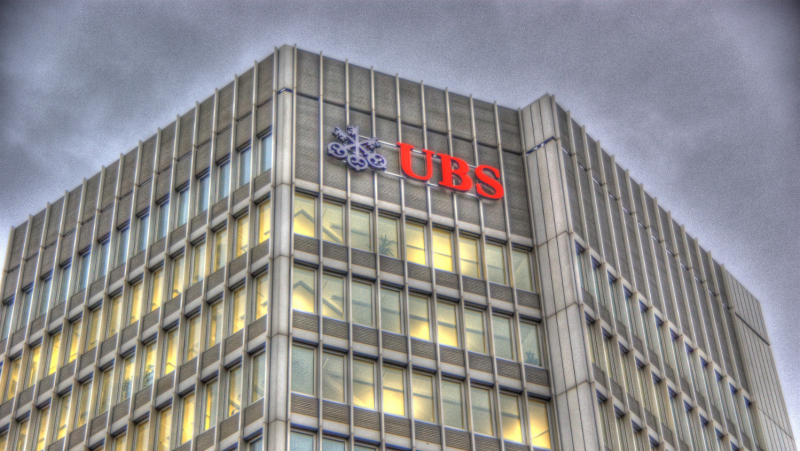
Active
This profile is actively maintained| Website | http://www.ubs.com |
| Headquarters |
Bahnhofstrasse 45
CH 8098 Zurich
Switzerland
|
| CEO/chair |
Sergio P. Ermotti CEO |
| Supervisor | |
| Ownership |
listed on NYSE
UBS' shareholders structure can be found here. |
UBS was formed through a merger of the Union Bank of Switzerland and the Swiss Bank Corporation in June 1998. UBS is headquartered in Zurich and Basel, and is the world's largest manager of private wealth assets. The bank provides a range of financial services, including investment banking and asset management to corporate, private, and institutional clients.
On March 19th 2023, Swiss President Alain Berset and the Swiss central bank announced that the ailing Swiss bank Credit Suisse is taken over by competitor UBS. The acquisition involves an amount of CHF 3 billion.
On 31 May 2024, UBS AG and Credit Suisse AG have merged, whereby UBS AG is the surviving entity and Credit Suisse AG has ceased to exist. Updates on the acquisition by UBS can be accessed here.
UBS' most important sustainability commitments can be found at the website sections listed below.
Links
UBS is linked to a number of companies and projects that BankTrack considers controversial (so called Dodgy Deals), e.g. as a current or past financier or through an expression of interest. The profiles below provide more details on the nature of UBS's link to these deals.
UBS does not operate a complaints channel for individuals and communities that may be adversely affected by its finance.
However, UBS is a member of the Roundtable on Sustainable Palm Oil (RSPO), which operates a grievance mechanism to address violations of its standards, including concerns about human rights abuses in the palm oil industry. Affected communities can access this mechansim here.
Stakeholders can also contact the bank for sustainability inquiries and issues via email at cr@ubs.com.
Human rights complaints may also be raised via the OECD National Contact Points (see OECD Watch guidance).
This page evaluates UBS's responses to instances of alleged human rights violations linked to its finance, raised by civil society organisations. It is not intended to be exhaustive, but covers selected impacts raised by BankTrack and other civil society partners since 2016. For the full scoring methodology, see here. For more information about BankTrack's evaluation of bank responses to human rights impacts, see the 2021 report "Actions speak louder: assessing bank responses to human rights violations".
Banks and Climate
The 2025 Banking on Climate Chaos report showed that UBS provided $53.2 bn in financing to the fossil fuel industry between 2021 and 2024. In 2024 only, UBS provided $7.8 bn, including $3.1 bn for oil, gas and coal companies expanding fossil fuels. Find further details on UBS's fossil fuel portfolio and how it compares to other large banks globally on the Banking on Climate Chaos website below.
Partner organisation Reclaim Finance tracks the coal, oil and gas policies of financial institutions, including banks, in their Coal Policy Tool (CPT) and the Oil and Gas Policy Tracker (OGPT). BankTrack works closely with Reclaim Finance and endorses their policy assessments. Find further details on their assessment of UBS’s fossil fuel policy below.
False Solutions Tracker expansion
The purpose of the False Solutions Tracker is to give a clear overview of energy technologies that fall under banks' individual sustainable finance commitments. The tracker lists 11 energy technologies that are usually associated with the energy transition and the decarbonisation of the economy. These technologies are defined here and classified in three categories:
-
Real solutions: Technologies that deliver on a Just Transition towards Energy Democracy. BankTrack considers these technologies as real solutions only if and when they do deliver Energy Democracy.
-
Solutions under strict conditions: Energy technologies that could be real solutions if they deliver on a Just Transition towards Energy Democracy but that could also be false solutions. This is the case of hydrogen and hydropower. On one hand, fossil-free and green hydrogen could be a real solution under certain conditions. However, fossil-based hydrogen and nuclear hydrogen are always false solutions. On the other hand, hydropower lifespan extension could also be a real solution under strict conditions while hydropower expansion is a false solution.
-
False solutions: Energy technologies that are not aligned with a just transition towards Energy Democracy, such as solid biomass, biofuels and carbon capture, utilisation and storage (CCUS).
For each one of the 11 energy technologies, the tracker indicates if it is included in bank's individual sustainable finance commitments:
For Real solutions:
- : Yes, the bank includes its finance towards this energy technology in its sustainable finance reporting.
- : Yes, the bank includes its finance towards this energy technology in its sustainable finance reporting, but under certain conditions. In this case, those conditions are mentioned in the "relevant policy document" section for each bank.
- : No, the bank does not include its finance towards this energy technology in its sustainable finance reporting.
- : It is unclear whether the bank includes or not its finance towards this energy technology in its sustainable finance reporting.
For solutions under strict conditions and for false solutions:
- : Yes, the bank includes its finance towards this energy technology in its sustainable finance reporting.
- : Yes, the bank includes its finance towards this energy technology in its sustainable finance reporting, but under certain conditions. In this case, those conditions are mentioned in the "relevant policy document" section for each bank.
- : No, the bank does not include its finance towards this energy technology in its sustainable finance reporting.
- : It is unclear whether the bank includes or not its finance towards this energy technology in its sustainable finance reporting.
Banks and Human Rights
BankTrack assessed UBS in its 2024 Global Human Rights Benchmark, where it achieved 6 points out of 15 and was ranked as a “follower”.
The bank scored 0 out of 3 points on the new “specific rights indicators”, which assess how banks address human rights defenders, Indigenous Peoples’ right to Free, Prior and Informed Consent and environmental rights in their policies and practices.
In addition, UBS scored 0 out of 3 on how it responds to alleged human rights violations linked to its finance, which were raised by civil society organisations. More information is detailed in the “Accountability” section of this profile.
The table below shows BankTrack's assessment of how UBS has implemented the UN Guiding Principles on Business and Human Rights. Please click on 'details' and 'explanation' for further information on the methodology.
Our policy assessments are always a work in progress. We very much welcome any feedback, especially from banks included in the assessments. Please get in touch at humanrights@banktrack.org.
Global Human Rights Benchmark 2022
Global Human Rights Benchmark 2024
Banks and Nature
UBS’s policies for forest-risk sectors (beef, soy, palm oil, pulp and paper, rubber and timber) have been assessed by the Forests & Finance coalition, achieving an overall score of 5.4 out of 10 and ranking it as a front runner. UBS achieved a score of 6.4 out of 10 specifically for its policies related to the beef sector and 6.6 out of 10 for its policies related to the palm oil sector. Between 2016 and 2022, UBS provided USD 1,459 million in credit to companies operating in these forest-risk sectors and held investments amounting to USD 209 million as of 2022. For more information, see the links below.
Forest & Finance Policy Assessment 2022: Overall scores
A bank can obtain a total of 10 points for the quality of its policies. The total score is based on their scores per sector, weighted against their financing and investment for each sector. For further details on this see here. Based on their overall score, banks are then classified as Laggards, Followers, Front runners or Leaders, as follows:
Forest & Finance Policy Assessment 2022: Beef
A bank can obtain a total of 10 points for the quality of its beef policy. The total score is based on their scores per sector, weighted against their financing and investment for each sector. For further details on this see here. Based on their overall score, banks are then classified as Laggards, Followers, Front runners or Leaders, as follows:
Forest & Finance Policy Assessment 2022: Palm Oil
A bank can obtain a total of 10 points for the quality of its palm oil policy. The total score is based on their scores per sector, weighted against their financing and investment for each sector. For further details on this see here. Based on their overall score, banks are then classified as Laggards, Followers, Front runners or Leaders, as follows:
Tracking the Net Zero Banking Alliance
UBS is a member of the Net Zero Banking Alliance (NZBA) and has therefore committed to reduce its financed emissions to net zero by 2050; within 18 months of joining the alliance set interim targets for 2030 (or sooner) for high emission priority sectors, and within 36 months set further sector targets; set new intermediary targets every 5 years from 2030 onwards; annually publish data on emissions and progress against a transition strategy including climate-related sectoral policies; and take a robust approach to the role of offsets in transition plans. BankTrack track's implementation of these commitments in the NZBA compliance tracker.
Banks and Steel
Partner organisation Reclaim Finance’s 2023 report on metallurgical coal financing showed that UBS provided US$ 3.8 billion in loans and underwriting to developers of new metallurgical coal between 2016 and 2022. Find further details on UBS’s metallurgical coal financing and and how it compares to other large banks globally in the report.
Reclaim Finance tracks the metallurgical coal policies of financial institutions, including banks, in their Coal Policy Tool. BankTrack works closely with Reclaim Finance and endorses their policy assessments. Find further details on their assessment of UBS’s metallurgical coal policy below.
Banks and Russian Aggression in Ukraine
BankTrack is keeping track of the public response of UBS to Russia's illegal invasion of Ukraine. UBS did not publicly condemn the war. UBS is considered by Leave-Russia.org to be "scaling back" its operations in Russia. We consider its exposure to Russia as limited. UBS supports the Russian fossil fuel industry through investments, loans and underwriting. For further details, see the table linked below.




